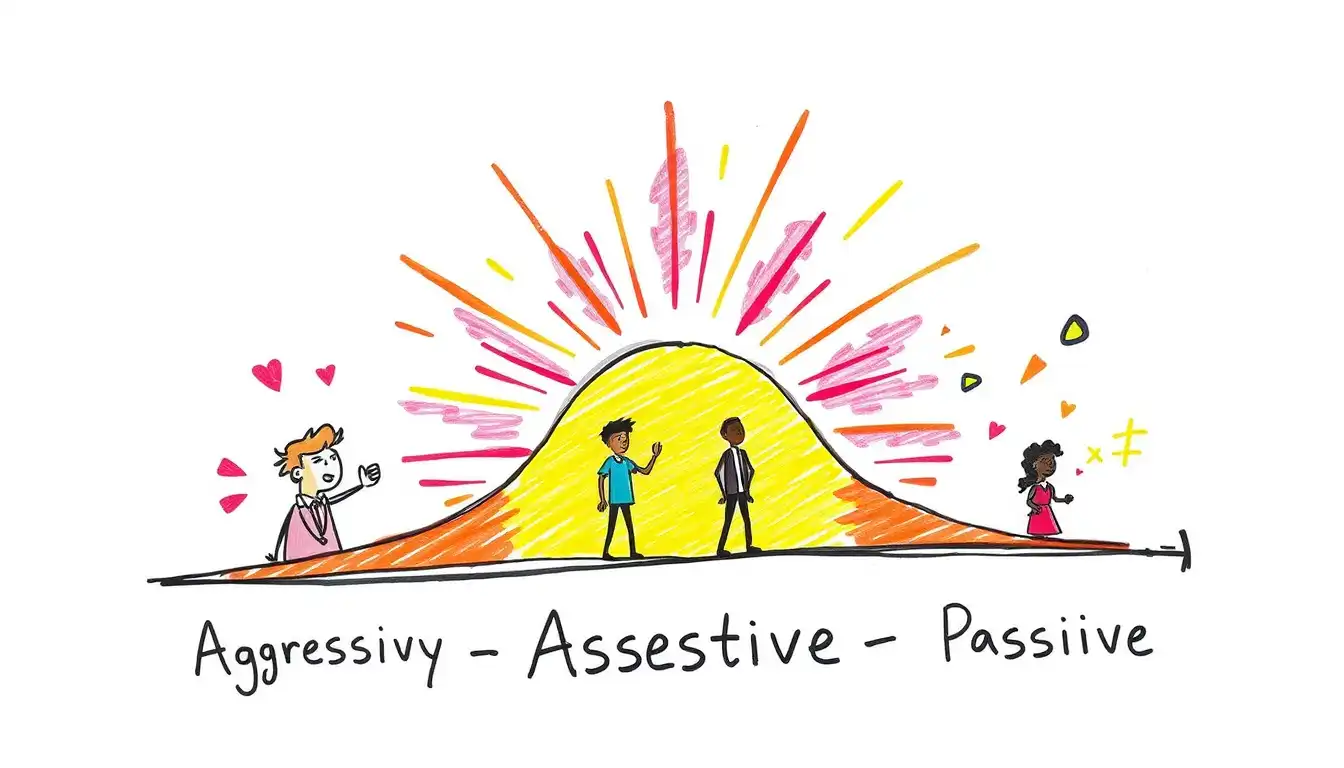Negotiation is an essential skill in various aspects of life, from business deals to personal relationships. Effective negotiation techniques can help you achieve your goals, build stronger relationships, and resolve conflicts. In this article, we’ll explore the most effective negotiation techniques to improve your negotiation skills.
Understanding the Basics of Negotiation
Before diving into the techniques, it’s essential to understand the basics of negotiation. Negotiation is a process of communication between two or more parties to reach a mutually beneficial agreement. It involves active listening, creative problem-solving, and persuasive communication. A successful negotiation outcome depends on various factors, including the parties’ interests, needs, and goals.
In negotiation, there are two primary approaches: distributive bargaining and integrative bargaining. Distributive bargaining involves dividing a fixed pie, where one party’s gain is the other party’s loss. Integrative bargaining, on the other hand, focuses on finding a mutually beneficial solution that satisfies both parties’ interests. Effective negotiators often use a combination of both approaches to achieve a win-win outcome.
Preparation is Key
Preparation is critical to successful negotiation. It involves researching the other party’s interests, needs, and goals, as well as identifying your own. Gathering information about the other party can help you anticipate their concerns and develop strategies to address them. Additionally, preparation helps you to:
-
Identify your non-negotiables and limits
-
Develop a clear understanding of your goals and objectives
-
Anticipate potential obstacles and develop contingency plans
-
Prepare persuasive arguments and evidence to support your position
A well-prepared negotiator is more confident, assertive, and effective in achieving their goals.
Active Listening and Empathy
Active listening and empathy are essential negotiation techniques. They involve fully concentrating on the other party’s communication, understanding their perspective, and acknowledging their feelings. Active listening helps to:
-
Build trust and rapport with the other party
-
Identify potential areas of agreement and disagreement
-
Clarify misunderstandings and miscommunications
-
Create a positive and constructive negotiation atmosphere
Empathy is critical in negotiation, as it helps to understand the other party’s needs and concerns. When you demonstrate empathy, you show that you care about the other party’s interests, which can help to build trust and facilitate a mutually beneficial agreement.
Anchoring and Framing
Anchoring and framing are powerful negotiation techniques that can influence the negotiation outcome. Anchoring involves setting a reference point or anchor that influences the negotiation. For example, if you’re negotiating a salary, you can anchor the discussion by stating a higher salary range. Framing, on the other hand, involves presenting information in a way that influences the other party’s perception.
A well-framed message can make a significant difference in the negotiation outcome. For instance, instead of saying “I want a 10% discount,” you can frame it as “I’m willing to pay 90% of the list price.” This subtle difference in framing can influence the other party’s perception and increase the chances of a successful negotiation.
BATNA and WATNA
BATNA (Best Alternative to a Negotiated Agreement) and WATNA (Worst Alternative to a Negotiated Agreement) are essential negotiation concepts. BATNA refers to the best outcome you can achieve if the negotiation fails, while WATNA is the worst outcome. Understanding your BATNA and WATNA helps you to:
-
Set realistic goals and expectations
-
Identify potential risks and opportunities
-
Develop a contingency plan in case the negotiation fails
-
Increase your negotiating power and confidence
Time and Timing
Time and timing are critical factors in negotiation. The timing of your negotiation can significantly influence the outcome. For example, negotiating at the end of the day or week can be more effective than negotiating during peak hours. Additionally, time constraints can create a sense of urgency, which can motivate the other party to reach an agreement.
Creativity and Flexibility
Creativity and flexibility are essential negotiation techniques. They involve thinking outside the box and finding innovative solutions that satisfy both parties’ interests. A creative negotiator is more likely to find a mutually beneficial agreement that exceeds both parties’ expectations.
Power Dynamics and Body Language
Power dynamics and body language play a significant role in negotiation. Understanding the power dynamics can help you to identify potential areas of leverage and influence. Body language, on the other hand, can convey confidence, assertiveness, and persuasion. A skilled negotiator uses body language to reinforce their message and build trust with the other party.
FAQ
What is the most effective negotiation technique?
The most effective negotiation technique is active listening and empathy. It helps to build trust, understand the other party’s perspective, and create a positive negotiation atmosphere.
How do I prepare for a negotiation?
Preparation involves researching the other party’s interests, needs, and goals, as well as identifying your own. It also involves developing a clear understanding of your goals and objectives, anticipating potential obstacles, and preparing persuasive arguments and evidence.
What is anchoring in negotiation?
Anchoring involves setting a reference point or anchor that influences the negotiation. It can be used to set a higher or lower starting point for the negotiation.
How do I build trust in a negotiation?
Building trust involves active listening, empathy, and transparency. It also involves being honest, reliable, and consistent in your communication.
Conclusion
Negotiation is a complex process that requires a range of skills, strategies, and techniques. By mastering the art of persuasion, understanding the basics of negotiation, preparing thoroughly, and using effective negotiation techniques, you can achieve your goals and build stronger relationships. Remember to stay flexible, creative, and open-minded, and always be willing to learn and adapt to new situations. With practice and experience, you can become a skilled negotiator who achieves successful outcomes in various aspects of life.







Leave a Reply